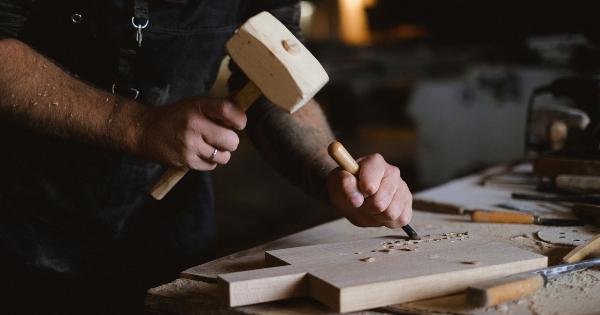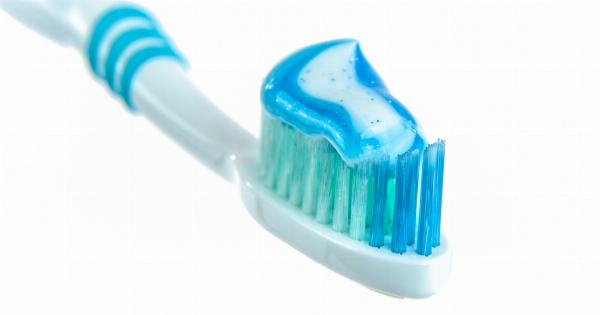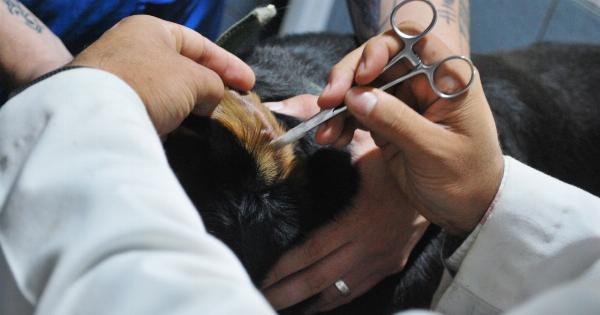Microwaves have become a staple in many households around the world. They provide quick and easy ways to heat up food and drinks, making your life easier and more efficient.
However, if not used correctly, microwave ovens can be dangerous and can damage your food. Here are some common mistakes that people make when using a microwave and ways to avoid them.
Not Covering Food Properly
Leaving food uncovered in the microwave can cause a mess. As food heats up, it often expands and splatters, leaving a mess inside your microwave. Additionally, uncovered food can dry out, leading to food that is too tough to eat.
For this, it is recommended to cover food with microwave-safe lids or covers. If you don’t have these, you can use paper towels, wax paper, or even microwave-safe plastic wrap.
Make sure the covering is vented to prevent steam from building up, which can cause it to explode.
Using Plastic Containers and Wraps That Aren’t Microwave-Safe
It’s important to use only microwave-safe containers and wraps. Many plastics contain chemicals that can leach into your food when heated in the microwave. This can be hazardous to your health.
Always check the packaging of containers and wraps to ensure that they are microwave-safe. If they don’t specify, it’s better to avoid them altogether and use glass or ceramic containers instead.
Microwaving Frozen Food Without Defrosting It First
Microwaving frozen food without defrosting it first can lead to uneven heating and undercooked food. Additionally, it can damage your microwave’s heating elements.
Before you microwaving frozen food, make sure to thaw it first. You can use the defrost function on your microwave, or you can defrost it in the refrigerator overnight.
For smaller items, such as frozen vegetables or fruits, you can also defrost them by placing them in warm water for a few minutes before microwaving.
Overheating Liquid
Overheating liquids in the microwave can cause them to explode, leaving a mess inside your microwave. Additionally, it can cause severe burns if the liquid spills on you.
For this, it’s important not to heat liquids for too long in the microwave. If you’re heating water, add a wooden spoon to it to prevent it from overheating and boiling over.
If you’re heating any other liquids, make sure to stir them occasionally to distribute heat evenly and prevent overheating.
Not Stirring Food
When microwaving food, it’s important to stir it occasionally to ensure that it heats up evenly. If you don’t stir your food, parts of it can become too hot while others are still cold, leading to uneven heating and an unpleasant texture.
Stirring your food also helps prevent it from overheating and boiling over. Make sure to use a microwave-safe utensil when stirring your food, as metal can damage your microwave.
Microwaving Metal or Foil
Microwaving metal or foil can cause a fire or damage your microwave. Metal reflects microwaves, causing them to bounce back and forth inside your microwave, which can cause a spark, leading to a fire.
It’s important never to put metal or foil in the microwave. If you need to cover your food, use microwave-safe lids or coverings instead.
Placing Your Microwave Close to Other Appliances
Placing your microwave too close to other appliances can cause it to overheat and damage your food. Additionally, it can cause other appliances to malfunction.
It’s recommended to place your microwave at least two feet away from other appliances to ensure that it operates efficiently and doesn’t damage anything.
Leaving Your Microwave Unattended
Microwaves can heat up food in a matter of seconds. This makes them very convenient but also very dangerous if left unattended. Leaving your microwave unattended can lead to overcooked or burned food, or even a fire.
Always make sure to keep a close eye on your microwave while it’s in use. If you need to step away for a few moments, pause or stop the microwave before leaving.
Not Cleaning Your Microwave Regularly
It’s important to clean your microwave regularly to maintain its efficiency and prolong its lifespan. Over time, food and drink splatters build up inside your microwave, causing it to smell bad and work less efficiently.
For this, it is recommended to clean your microwave with a sponge or cloth and soapy water weekly. If there are stubborn stains, you can use vinegar and baking soda to clean them off.
Conclusion
Microwaves can be your best friend in the kitchen, but they can also be dangerous if used incorrectly.
Avoiding these common mistakes can help ensure that your microwave operates efficiently for years to come and that your food stays safe and delicious.




























